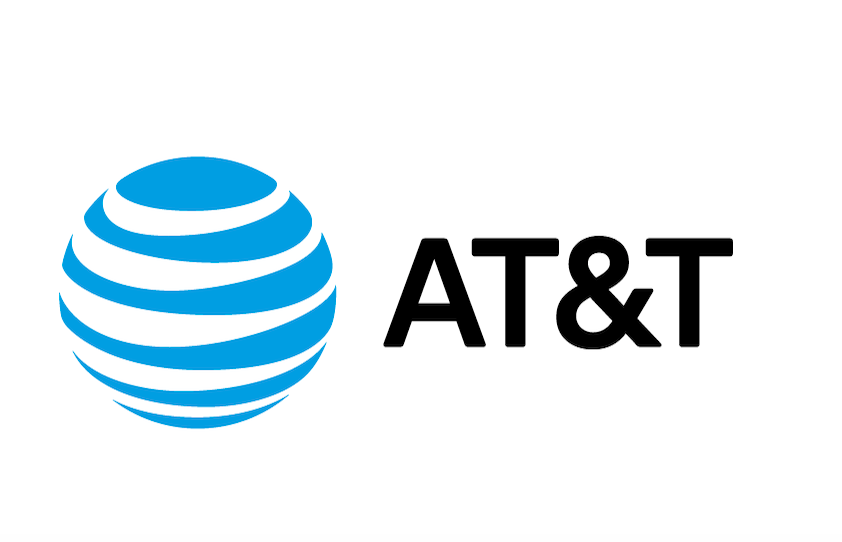AT&T Misreports High-Speed Broadband Availability

The smarter way to stay on top of the multichannel video marketplace. Sign up below.
You are now subscribed
Your newsletter sign-up was successful
AT&T has told the FCC that thousands of census blocks the company had previously told the commission were getting high-speed broadband from the company at 25/3 Mbps weren't getting that high-speed broadband after all.
That came in a filing last week letting the FCC know that if nobody else was providing high-speed to those blocks (defined as 25 Mbps/3 Mbps), they could be eligible for the new multi-billion-dollar rural broadband subsidy program the FCC is launching.
"[I]f no other carrier has reported broadband deployment at speeds of at least 25 Mbps downstream/3 Mbps upstream for this list of CBs, they may be eligible for the RDOF Phase I auction," AT&T pointed out.
"The updates to the census blocks address an issue with a third party’s geocoding software," an AT&T spokesperson said. "There has been no change to our service area and this doesn’t affect the service we provide our customers," adding: "Our filing is part of the FCC’s effort to improve broadband mapping so that more Americans can get broadband. This is an effort that we have long supported. The updates to the census block data reflect the areas that currently have and do not have 25/3 broadband service since our June 2019 filing, which is a routine exercise with the FCC’s Form 477 process.”
The FCC has launched a program to improve the accuracy of the data it collects on where broadband is and isn't, a deficit the FCC has conceded, as have numerous unhappy legislators on both sides of the aisle. AT&T's over-reporting of high-speed availability was not inspiring confidence in critics of that collection, per the tweet by Public Knowledge's Harold Feld:
[embed]https://twitter.com/haroldfeld/status/1251204412955123719[/embed]
The FCC is preparing to give out up to $16 billion in the first phase of its Rural Digital Opportunity Fund (RDOF).
The smarter way to stay on top of the multichannel video marketplace. Sign up below.
That effort has taken on new urgency in the wake of the COVID-19 pandemic-driven shelter-in-place populace and the Trump Administration plan to try and make sure all kids K-12 have access to broadband for remote learning.
Contributing editor John Eggerton has been an editor and/or writer on media regulation, legislation and policy for over four decades, including covering the FCC, FTC, Congress, the major media trade associations, and the federal courts. In addition to Multichannel News and Broadcasting + Cable, his work has appeared in Radio World, TV Technology, TV Fax, This Week in Consumer Electronics, Variety and the Encyclopedia Britannica.

